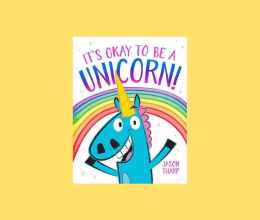MCCONNELSVILLE, OH - Today, the American Civil Liberties Union of Ohio urged Morgan High School Superintendent Lori Snyder-Lowe to reconsider the cancellation of a production of “To Kill a Mockingbird.” The production was canceled because it contained a racial epithet. The Zane Trace Players, a local theatre troupe, was scheduled to perform the play for students at Morgan High School this week. Snyder-Lowe cancelled the performance after the publisher of the play denied a request to alter the script to remove the epithet.
“’To Kill a Mockingbird’ is an acclaimed piece of American literature,” said ACLU of Ohio Legal Director James L. Hardiman. “For decades, it has created opportunities for youth and adults to discuss the history of racism and injustice in our country. Censoring this iconic work of art deprives students the ability to think critically about these issues, form their own opinions, and understand the evolution of human rights.”
“While some words may hold a great deal of pain for many people, denying students the right to understand and discuss the meaning and history of those words is counterproductive to the very mission of schools,” added Hardiman. “Educators must create a safe learning environment where students feel comfortable discussing complex issues that may challenge their preconceived notions on a topic, such as race and race relations.”
In the days leading up to the scheduled performance, Ms. Snyder-Lowe claims she received complaints from parents regarding the use of racial epithets in the play. Members of the Zane Trace Players contacted Dramatic Publishing to request permission to alter the words, but were denied. In news reports, the company stated that it typically denies request to remove racial epithets from the work, as they are central to its meaning.
The play is based on Harper Lee’s classic 1960 novel To Kill a Mockingbird, which chronicles the rape trial of a black man in the South. The story is told through the eyes of a young white girl named Scout whose father represents the accused man at trial.
“Schools should be a safe place to discuss these issues with the skilled guidance of educators and community leaders. By simply banning the topic, school officials deny young people the opportunity to understand the history of intolerance and injustice in our country and how it may be relevant to their lives today,” Hardiman concluded.




